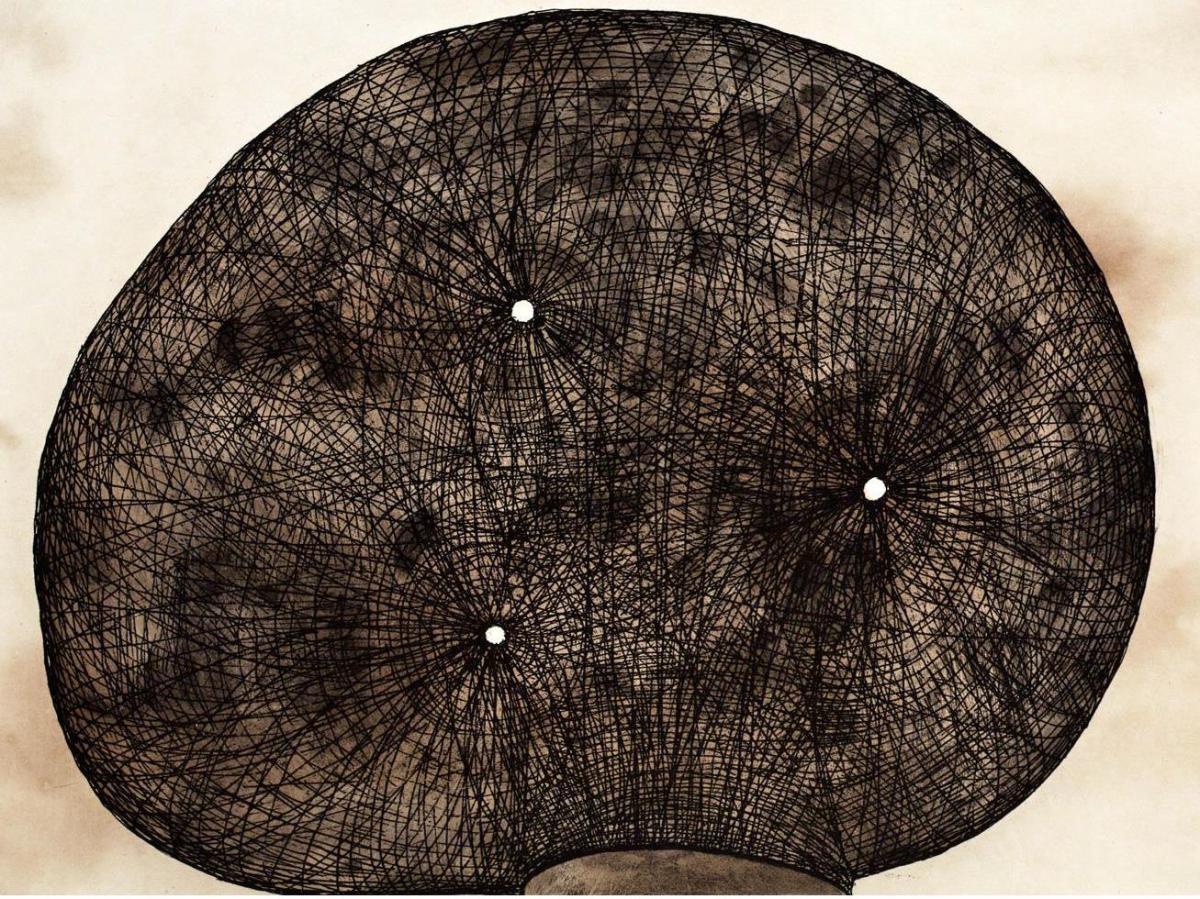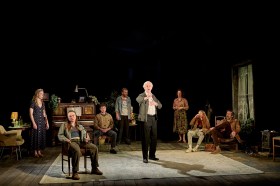Martin Puryear, Three holes, Image via art21
Arts Council England has identified more than 500 studies which together provide consolidated evidence of the value of the arts.
But a review of 90 of the strongest studies, entitled The Value of Arts and Culture to People and Society found that more, and better, studies are needed to address evidence gaps and provide a robust argument for public funding of the arts.
‘We need to be smarter about making a more relevant case, more nuanced and sophisticated. The findings from this evidence review act as a catalyst for our thinking as we pursue new research to help develop a programme which paves the way in making a strong case for arts and culture,’ the reviewers concluded.The studies analysed generated strong correlations between arts engagement and a huge range of health, educational, economic and social measures including literacy, mental health, physical recovery, social mobility and economic vitality.
But researchers struggled to show that the arts engagement was the cause of the improvements.The reviewers acknowledge the enormous difficulty of isolating relationships between arts participation and engagement and other types of personal behaviours and life outcomes.
‘The most rigorous means of isolating such relationships through methods such as randomised controlled trials, quasi-experimental methods, longitudinal methods or advanced quantitative analysis can be expensive, time-consuming and require considerable methodological nous.
‘There are also important debates about the ethics and appropriateness of randomised controlled trials in a public policy context.
‘Arts engagement and participation is not always a tangible or a time-bound experience and behaviour, so it can be challenging to attribute how being engaged with the arts shapes other areas of people’s lives. Engagement with the arts can also have immediate and deferred benefits, which are challenging to capture and quantify via research.’
For example, it is very difficult to quantify the value of talent development in a child who may become a great artist in 10 or 20 years’ time or the savings generated when a young person at risk is diverted from a life of crime or drugs by creative engagement.
But the reviewers said there was considerable potential for making better use of existing data to look at life outcomes in relation to arts experiences.
The reviewers also identified some under-researched areas:
- The experience of artists, particularly in relation to economic viability and career trajectories is under-examined.
- There is little research that quantifies the savings to the public purse that are achieved through preventative arts and culture interventions or other contributions to public services.
- There is almost no research on the use of digital technologies and how arts and cultural organisations are using this technology to become more resilient.
- There is insufficient research into equality and diversity although those who are most actively involved with the arts and culture that public institutions invest in tend to be from the most privileged parts of society.
- There is no up-to-date information on the economic impact of museums and libraries and how they contribute to the wider economy.
The reviewers said developing improved evidence was essential in advocating for the arts.
‘Understanding the impact arts and culture plays on the wider society will be critical to shaping and developing arguments in favour of sustained public investment in arts and culture.
‘Never has there been a more important time to stimulate the debate, share intelligence, work in partnership with the sector and beyond, so that the benefits of arts and culture are discussed as a mainstream issue rather than remain at the margins.’
The researchers said arts value research needs greater collaboration; increased credibility; and better dissemination of information.
Arts Council England has now launched its 2015-18 research grants program for research which:
- Deepens understanding of the impact of arts and culture
- Promotes greater collaboration and co-operation between the arts and cultural sector and research partners
- Working in partnership with others to build and improve the evidence base around the impact of art and culture on individuals and society
- Influences the policy landscape and commissioning activity through robust and credible research.
For more information on the evidence in the report, read ArtsHub’s story Consolidated evidence shows value of the arts
For the full report, read The Value of Arts and Culture to People and Society
To apply for research grants, go to Arts Council England research grants.


_Encounters-in-Reflection_Gallery3BPhoto-by-Anpis-Wang-e1745414770771.jpg?w=280)


